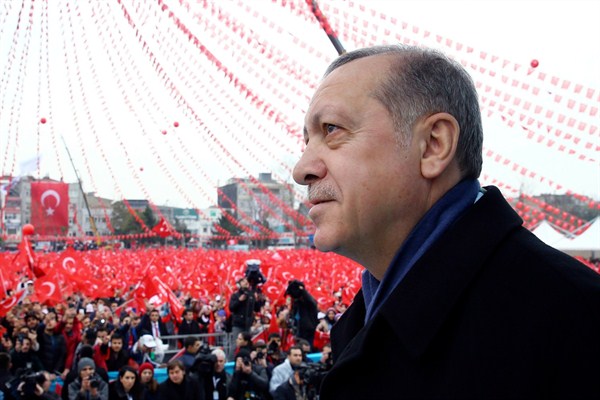Over the past 18 months, terrorist attacks in Turkey have claimed over 400 lives, a dramatic increase that put pressure on authorities to take action. But the approach that Turkish authorities adopted has raised more concerns than it addressed: On Feb. 1, a month after a gunman affiliated with the so-called Islamic State killed 39 people in an Istanbul nightclub on New Year’s Eve, the Supreme Council of Radio and Television, or RTUK, issued a notice to stations that effectively banned reporting on domestic terror.
News outlets can no longer mention where a terrorist attack took place or who might have been involved. Nor can the press describe terrorism as “breaking news” or use footage or images of an attack or its aftermath, except those vetted by government officials. No statements or footage showing panic and fear among Turkish citizens may be broadcast. Any outlet that breaches the order will be taken off the air, and for multiple offenses its license will be permanently revoked.
Instead of countering terrorism, the gag order merely cowed editors and producers into showing the Turkish public only what the authorities want it to see. The move, which is in line with a trend of media intimidation over the past two years, will certainly result in a less-informed public, which carries its own risks, both in the short and long term.

